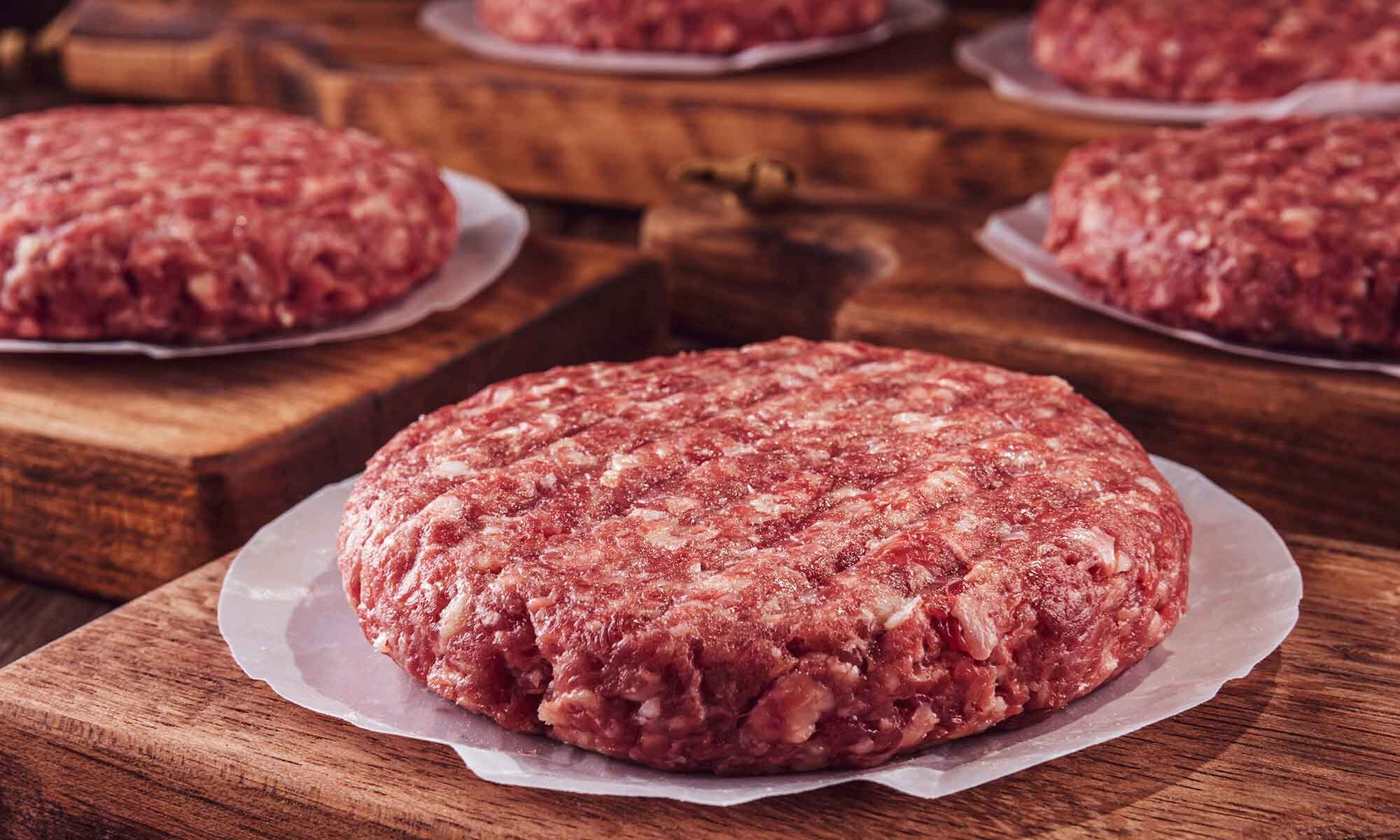Growing meat in this way is based on single animal cells growing on substrate, known as ‘cell feed.’ This makes it possible to produce real meat products without the need to slaughter animals and thus without the major environmental impact of intensive cattle breeding.
The main components of cellular feed are amino acids, minerals, vitamins and glucose. They enable cells to grow. In the lab, pharmaceutical material is used for this purpose, with a purity level suitable for medicine production. The high price of this material stands in the way of commercial-scale food production. Mosa Meat and Nutreco have therefore launched the Feed for Meat project, aimed at developing sustainable and cost-efficient cell-based feed for cultured meat production.
Food grade
Lab trials have already shown that cell production works equally well on the basis of cell feed made from 99.2 percent food grade components (safe for human consumption) that are much cheaper. This allows cultured meat to be produced and marketed in an economically efficient way.
A REACT-EU grant has already been awarded for this Feed for Meat project from the ERDF programme OP-Zuid in 2021. The new agreement takes Mosa and Nutreco a step further and establishes commitments to actually start realising the cellular feed supply chain. “A crucial step in creating affordable, food-safe and scalable nutritional solutions for the cultured meat industry,” said Susanne Wiegel, head of the Alternative Protein Programme at Nutreco.
Besides Mosa Meat and Nutreco, the knowledge institutions Maastricht University and Brightlands Campus Greenport Venlo are involved in the project. For more information, visit Mosa Meat’s website.
Image: Tibilletti/Shutterstock



